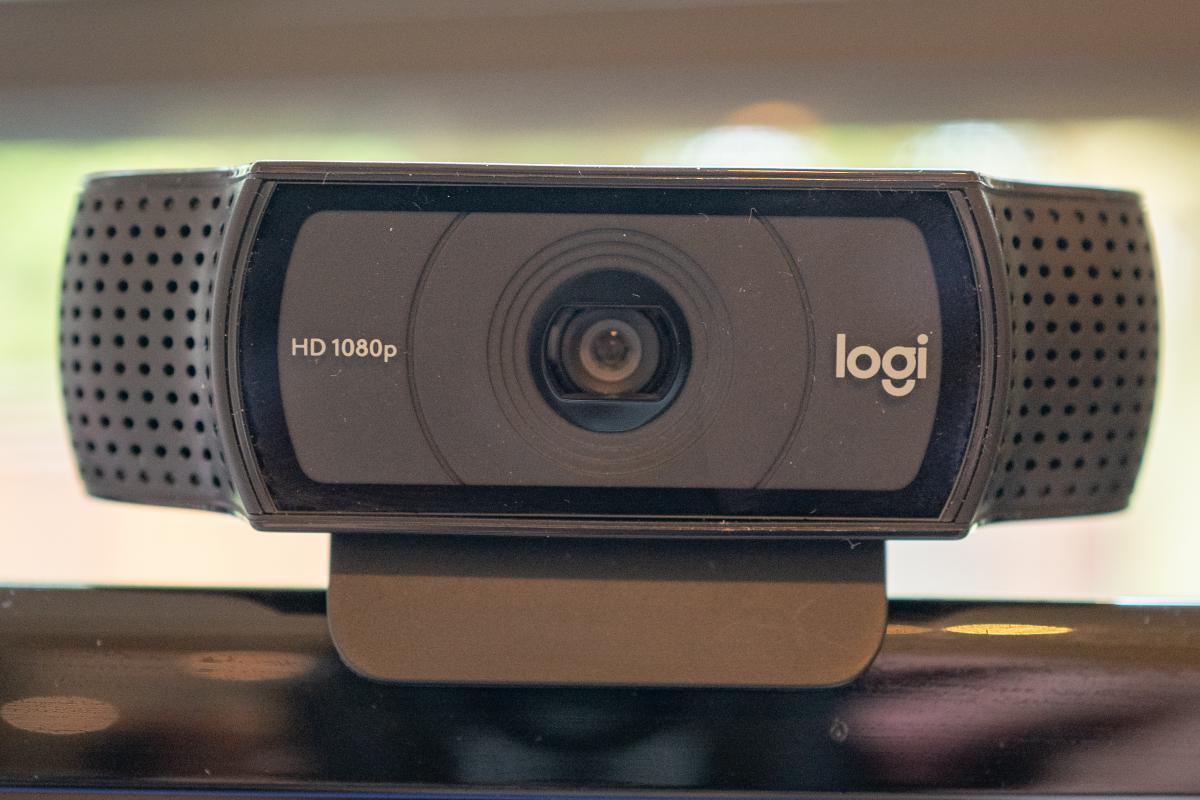
Online exam proctoring company ProctorU announced earlier this week that it will no longer send artificial intelligence-generated reports of potential student misconduct to institutions without ProctorU staff members first reviewing the footage -- a development raising more questions than it answers about higher education’s use of the technology.
ProctorU, like many companies offering remote proctoring services, employs AI technology to monitor student movement during tests and flag activity that might indicate a student is cheating. Typical behavior that may be flagged by the AI includes students getting up from their seats, not looking consistently at their screens or talking out loud.
Previously, as part of its cheapest proctoring package, ProctorU sent AI-generated incident reports to instructors without staff members reviewing them first. The company offered this package on the condition that any AI-generated reports would be reviewed by instructors. But that wasn’t happening, said Jarrod Morgan, founder and chief strategy officer of ProctorU.
“It’s not appropriate for AI to be making decisions, and it’s unfair to expect faculty to do that work,” Morgan said.
The company will continue to use AI, but two ProctorU staff members will now review webcam footage to try to ensure that students are not penalized inappropriately for innocent actions. This is particularly important for students granted special accommodations, Morgan said.
Finding a way to ensure that there is human oversight over academic integrity decisions is something that ProctorU has been discussing for a long time, Morgan said. During the pandemic, when use of remote proctoring software exploded, it became undeniable that the proctoring services were not being used as intended, he said.
Some institutions use online proctoring simply as a deterrent and rarely proceed with disciplining students when AI flags suspicious behavior. But others do not understand the AI is fallible and may act on reports without reviewing them, said Shea Swauger, a librarian and researcher at the University of Colorado at Denver who is critical of instructors’ reliance on online proctoring tools.
This can be a problem, because companies avoid responsibility for making the call on what is and is not cheating.
“It’s pretty standard for all proctoring companies that are offering AI-assisted or fully AI monitoring services to encourage faculty to review any flagged behavior before making any academic integrity judgements,” Swauger said. “That’s kind of the main way that these proctoring companies are sidestepping accountability when it comes to discrimination. No company is saying that they determine if there is cheating. They all say that they flag suspicious behavior, then it’s up to individual institutions to determine if there’s cheating.”
The potential to discriminate against students with disabilities, students who are neurodivergent, students of color and even caretakers and parents is high when remote proctoring services rely on AI and not human judgment, Swauger said.
Even with human judgment, there is room for implicit biases and discrimination, Swauger said. If you’re a faculty member and you’re constantly being alerted that students with disabilities or medical conditions and students of color are suspected of misconduct, there is a possibility that will change how you interact with those students, he said.
“Even if you never have a finding of academic misconduct, that repeated suspicion could trigger implicit biases and discriminatory responses from faculty,” said Swauger.
It is positive that there may be fewer instances of students being accused of cheating when they did nothing wrong, said Amelia Vance, director of youth and education privacy at the Future of Privacy Forum. Still, she sees potential for things to go wrong when people are involved in making judgments. She wants to know more about the training that ProctorU staff members receive.
By making such a public statement about its change of heart, ProctorU hopes to differentiate itself from its competitors and deflect some of the negative press that online proctoring companies have recently received. But Swauger says he feels the move is little more than a PR stunt.
“I’d describe it as ethics-washing,” Swauger said.
ProctorU’s competitors do not appear to be ready to follow in the company’s footsteps by imposing similar limits on the use of AI technology in online proctoring.
“It’s a bit funny they chose to lob grenades over their shoulders as they exited the room,” said Jodi Feeney, chief operating officer of online test monitoring company Respondus, in an email. The vast majority of online proctoring sessions in higher education use automated systems instead of human proctors because they are much more cost-effective, she said.
“I don’t think ProctorU was committed to cannibalizing their lucrative human proctoring service,” Feeney said. “A typical university using Respondus Monitor spends less than 25 cents per proctoring session. Live, human proctoring often costs $25 per exam. The price points and services are entirely different.”
 from Inside Higher Ed https://ift.tt/3yN5SCf
from Inside Higher Ed https://ift.tt/3yN5SCfvia IFTTT
Comments
Post a Comment